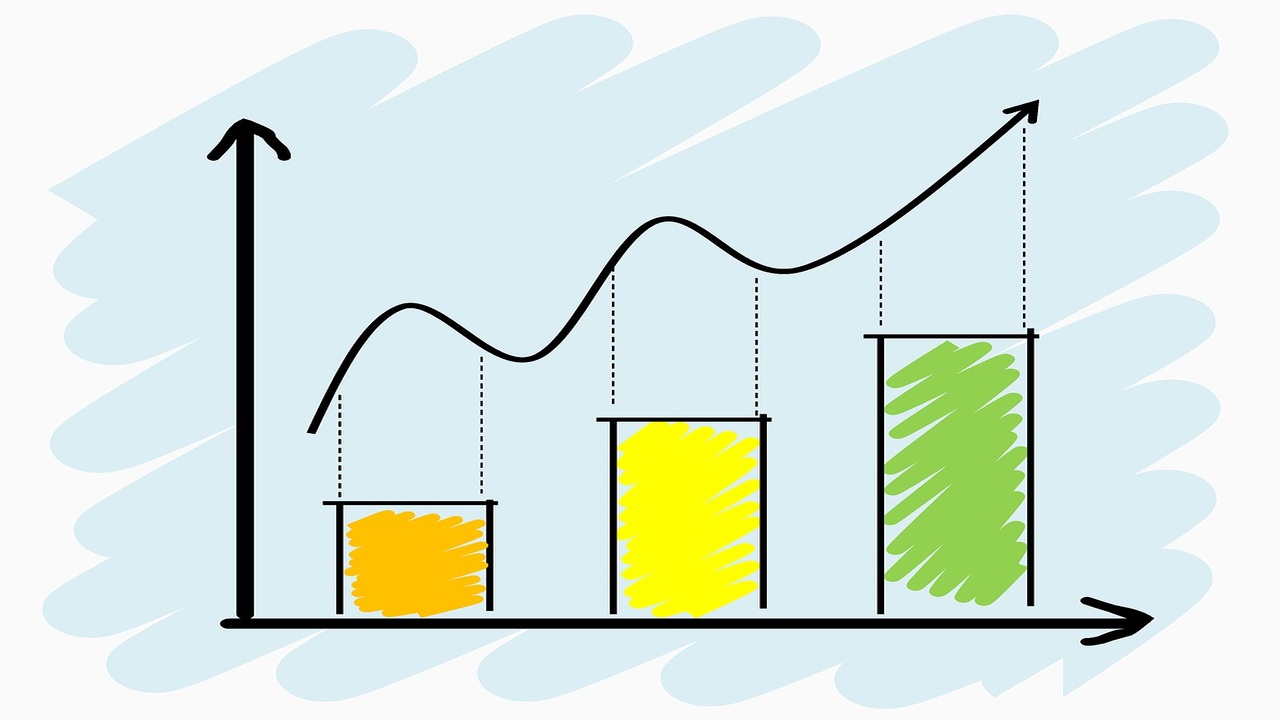Creating a financial plan is one of the most essential aspects of planning for the future. You have multiple alternatives for ensuring that your money generates returns commensurate with your financial goals. The most popular investment vehicles available to Indian investors are mutual funds and exchange-traded funds (ETFs). Let us look at the difference between ETF and mutual fund to understand it better.
At first glance, they appear to be fairly similar, yet a closer look reveals considerable differences. Let’s compare these two investment opportunities to determine which is best for you. You can also learn about what is SIP in mutual fund for more informative purpose.
What are Mutual Funds?
Mutual funds are professionally manage investment programmes that pool money from a large number of investors and invest it in a variety of assets, including stocks and bonds. Mutual funds invest in equities, bonds, debt securities, and other debt instruments. The Net Asset Value (NAV) of a mutual fund is calculated by dividing the total amount invested by the number of investors.
What are ETFs?
ETFs are passively manage mutual funds that strive to mirror an index. These funds typically hold all shares in the same proportion as the index they track. An ETF is not actively manage by a fund manager. It only monitors the index’s performance. ETFs are exchanged on stock exchanges and can be purchased and sold at any time during trading hours.
An Introduction on ETF and Mutual Fund
Mutual funds and exchange-traded funds (ETFs) are pooled fund investment products that use a passive indexing method to try to duplicate or replicate representative benchmark indexes. Investors might profit from a diverse portfolio by investing in pooled funds. Pooled funds provide diversity and scale economies by allowing managers to leverage pooled investment capital for large lot share purchases, lowering transaction costs. Some of the key highlights are as follows.
- Because mutual funds have more share classes and charges, they are more difficult to set up than ETFs.
- Mutual funds are popular because they offer a diverse selection of actively managed funds, but ETFs are popular because they closely monitor market indexes.
- ETFs trade constantly, whereas mutual fund trades close at the end of the day.
- Mutual funds and exchange-traded funds (ETFs) both offer pooled investing options to investors.
- Mutual funds are manage actively, whereas ETFs are manage passively.
Difference Between ETF and Mutual Fund
Whether to invest in a mutual fund or an exchange-traded fund is one of the most difficult decisions investors must make (ETF). Despite their similarities, there are differences between these two things. The following are the primary difference between ETF and mutual fund.
Management
In contrast to other investment vehicles, fund managers are more likely to actively manage mutual funds. ETFs, on the other hand, merely mirror the performance of a market index. The expense ratios of actively managed exchange-traded funds are higher (ETFs).
Lock-in Period
Investors in ETFs are not compel to hold their investments for a predetermine period of time and may sell them whenever they choose. There is a three-year lock-in period for mutual funds, such as ELSS. This investment cannot be liquidate by the stipulated deadline. This can range from nine days to three years, depending on the mutual fund programme.
Flexibility
ETFs can be bought and sold at any time on the stock exchange. As with regular stock shares, their market price is viewable in real time. Units of a mutual fund can only be bought or sold through the fund company. The price per unit of a mutual fund is its net asset value (NAV).
Commissions
Because ETFs are tradable on a stock market, investors must pay applicable taxes on the acquisition and sale of units. In contrast, mutual funds do not charge sales or purchase commissions.
There is an Expense
ETFs do not require active management because they merely mirror an index’s performance. As a result, charges and fees associate with ETF investment are reduce to a minimal. On the other side, fund management actively participates in investing decisions made on behalf of investors. This has led to increased fund management expenses.
ETF vs. Mutual Fund – Which is Better?
Both of the above investments are excellent possibilities for a well-diversified portfolio. Several factors must be consider while choosing between ETF and mutual fund, including:
- You are utilising a tax evasion strategy.
- Capital market liquidity
- Your investment schedule
- Monetary goals or ambitions.
- Your readiness to assume danger
Conclusion
After looking at difference between ETF and mutual fund, you will know which of the two options shown above you must choose. Mutual funds, in contrast to ETFs, demand a longer investment period but help you create a corpus for the long term. The choice must be entirely yours, but it must be chosen carefully.







